A day in the life of Ahmed
Ahmed is a 21-year-old Lebanese youth whose transition into adulthood has been profoundly shaped by the multiple and intersecting crises that have beset Lebanon over the last three years – including the 2019 October Uprising, the Covid-19 pandemic, the 2020 Beirut Seaport Blast and one of the world’s deepest economic crises. Here he gives a snapshot of his daily life and how he copes in this context.
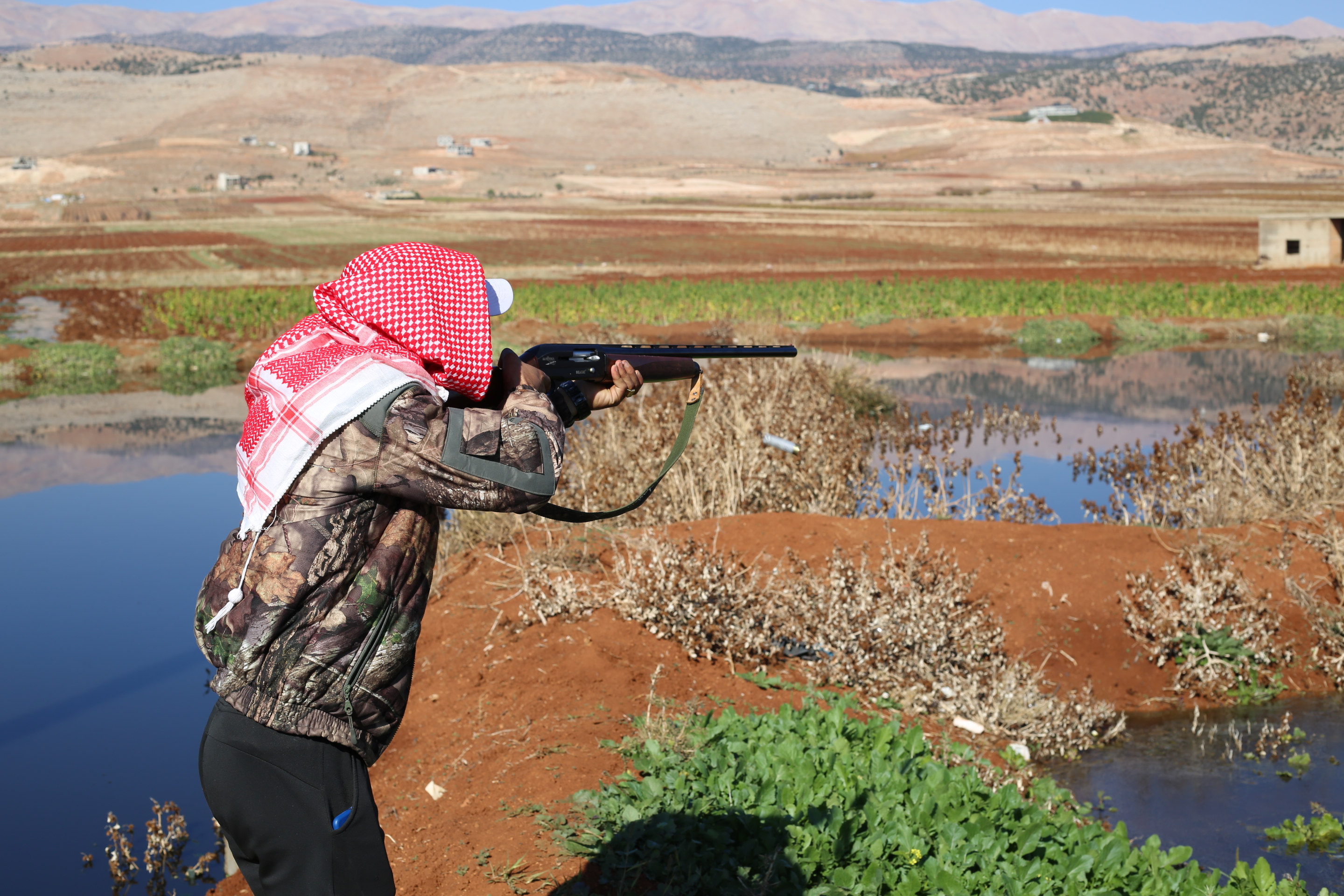
Ahmed wakes up at 4 in the morning to go hunting. Spending time in nature clears Ahmed’s mind, he gets to hunt birds and eat them in the great outdoors.
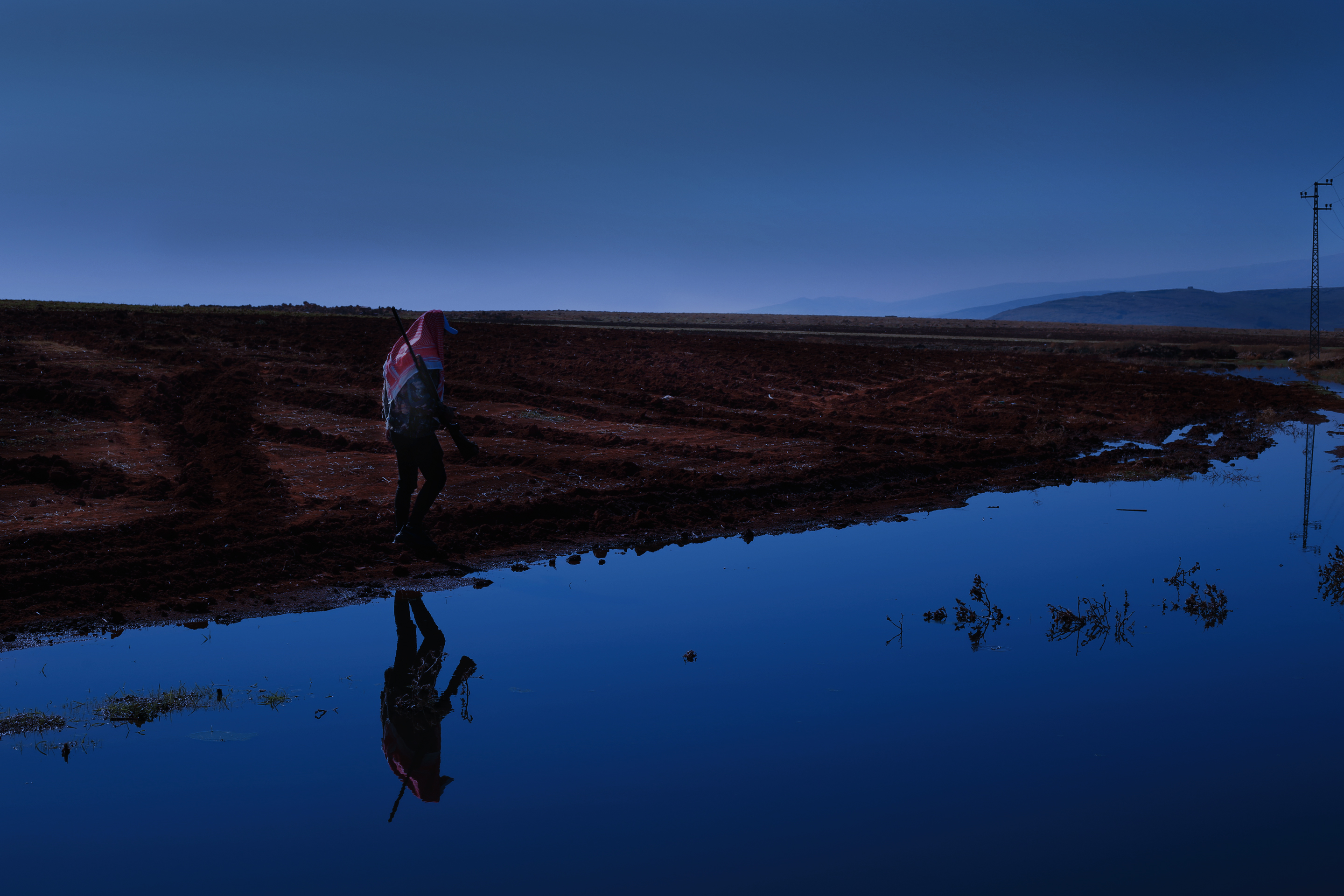
Ahmed goes back home to feed the animals and have an argileh.
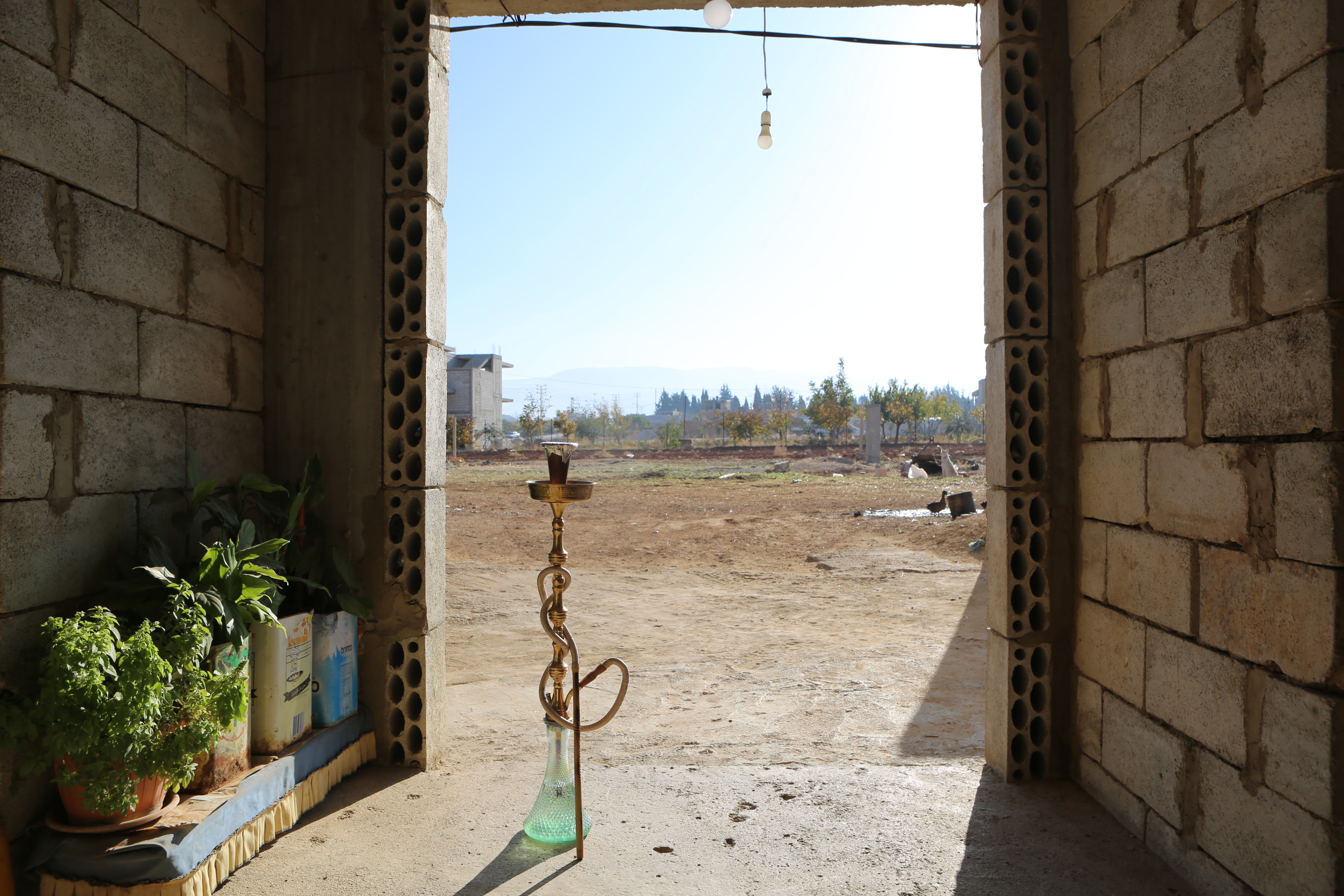
Ahmed studied several majors at vocational school such as veterinary medicine, agricultural engineering, and accounting, but does not work professionally in any of them due to lack of opportunities in Baalback. Although, he uses the knowledge gained at school, either to help out the family in their agricultural business, or take care of the family’s animals.
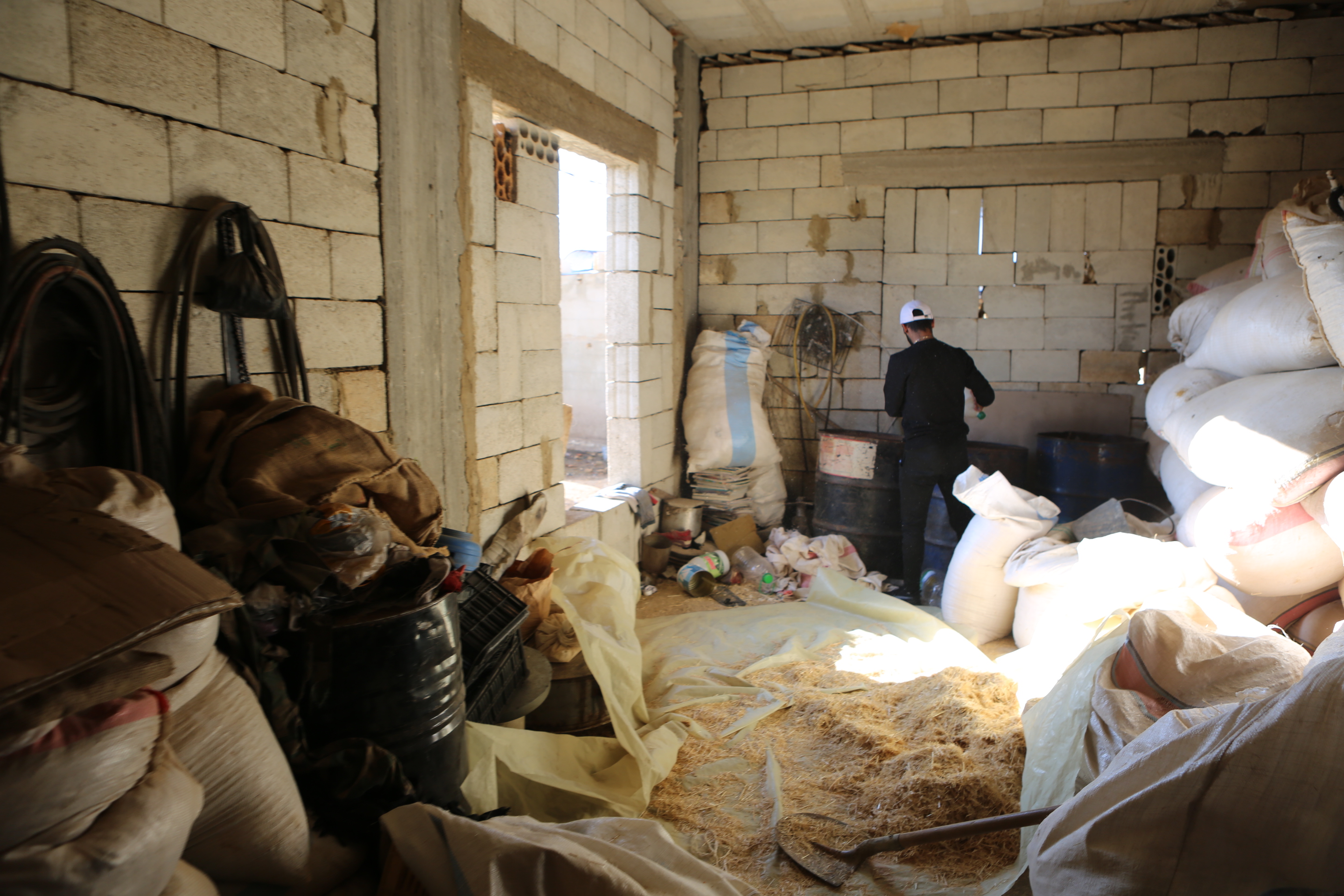
Ahmed mainly works in his family’s agriculture business, his main tasks vary from driving the tractor, overseeing the work, and managing the workers and ensure their safety, giving instruction on how to plant and harvest vegetables like potato, wheat, barley, chick peas.
Ahmed says: “In 2018, the profit our family made from selling vegetables, could sustain us up to 3 months, but now can barely sustain us for 30 days”.
No one is giving support to farmers, neither the government, nor the NGOS.
The main support that could be provided for farmers in Lebanon right now is securing low-cost fertilizers, electricity to drag water, and an opportunity to market their products to be sold immediately, without having to store and refrigerate them.
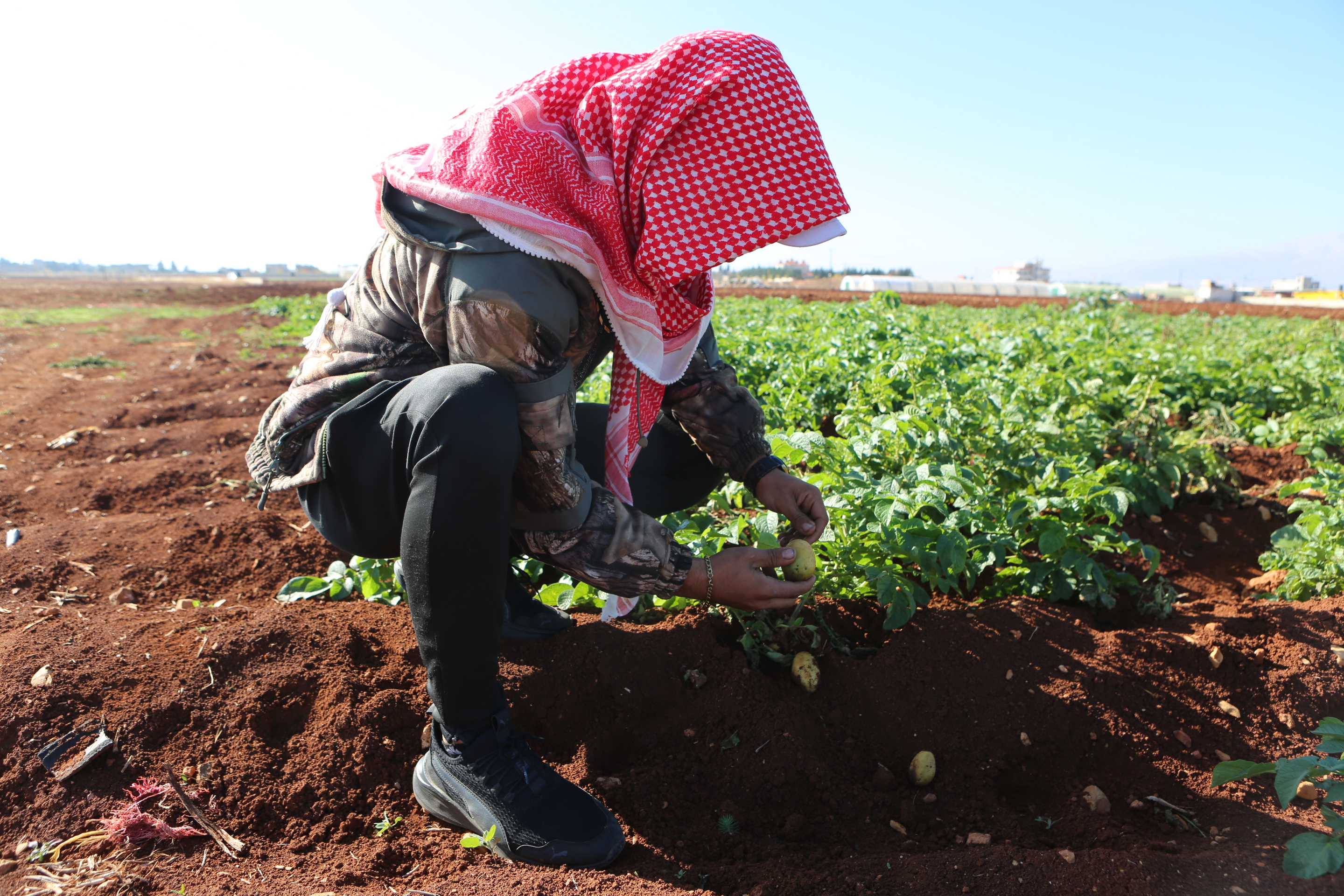
Farmers are mostly struggling with absence of electricity, some of them try installing solar powered motors but was barely enough to operate all the necessary machines.
Ahmed adds: “Looking back 4 years ago before the crisis began, there’s a huge increase in the costs of planting and harvesting crops, compared to now, a decrease in price of crops and low profit margin”.
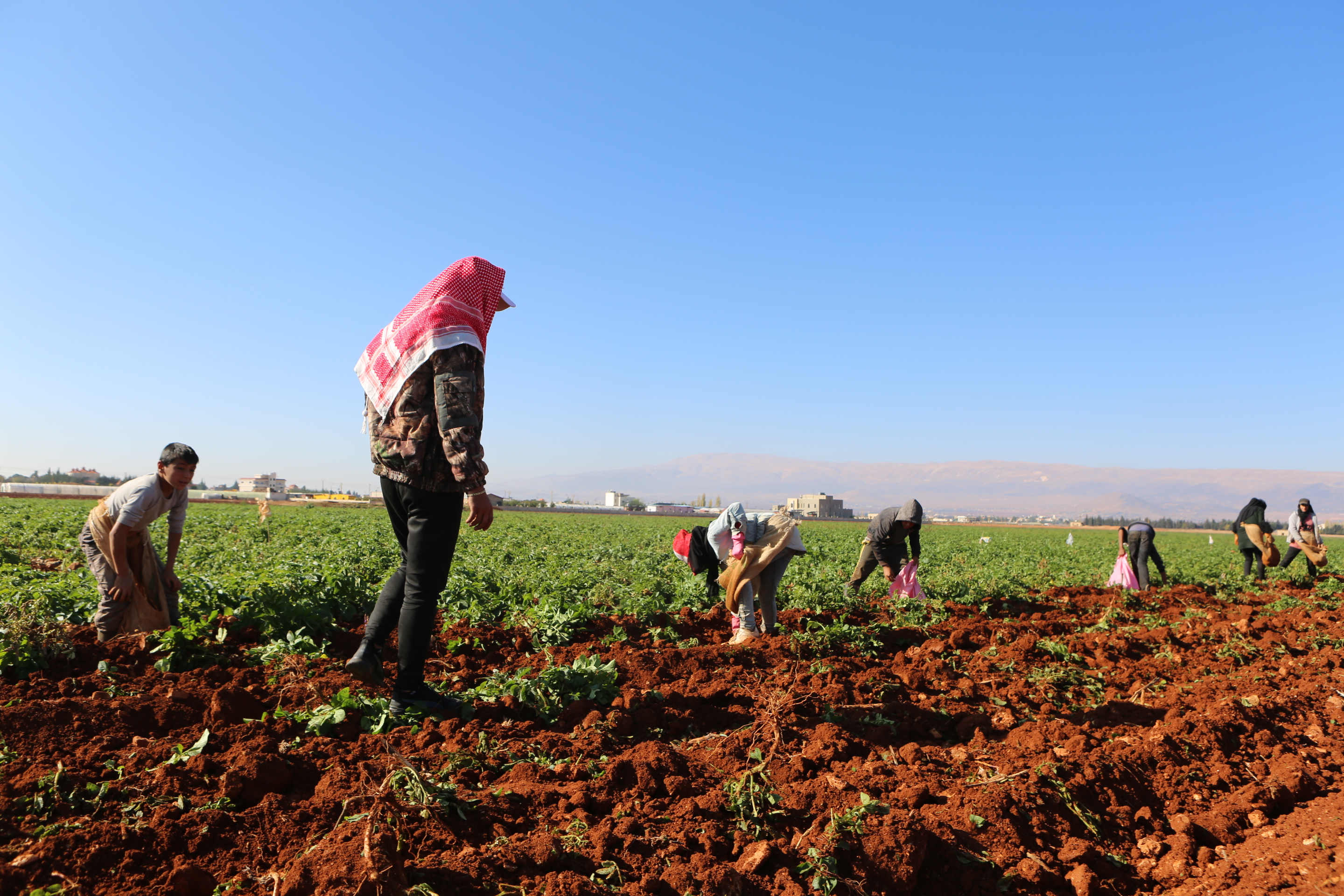
Farmers in Al Bekaa valley, Lebanon (c) Marcel Saleh/GAGE 2023
No one is giving support to farmers, neither the government, nor the NGOS.
The main support that could be provided for farmers in Lebanon right now is securing low-cost fertilizers, electricity to drag water, and an opportunity to market their products to be sold immediately, without having to store and refrigerate them.
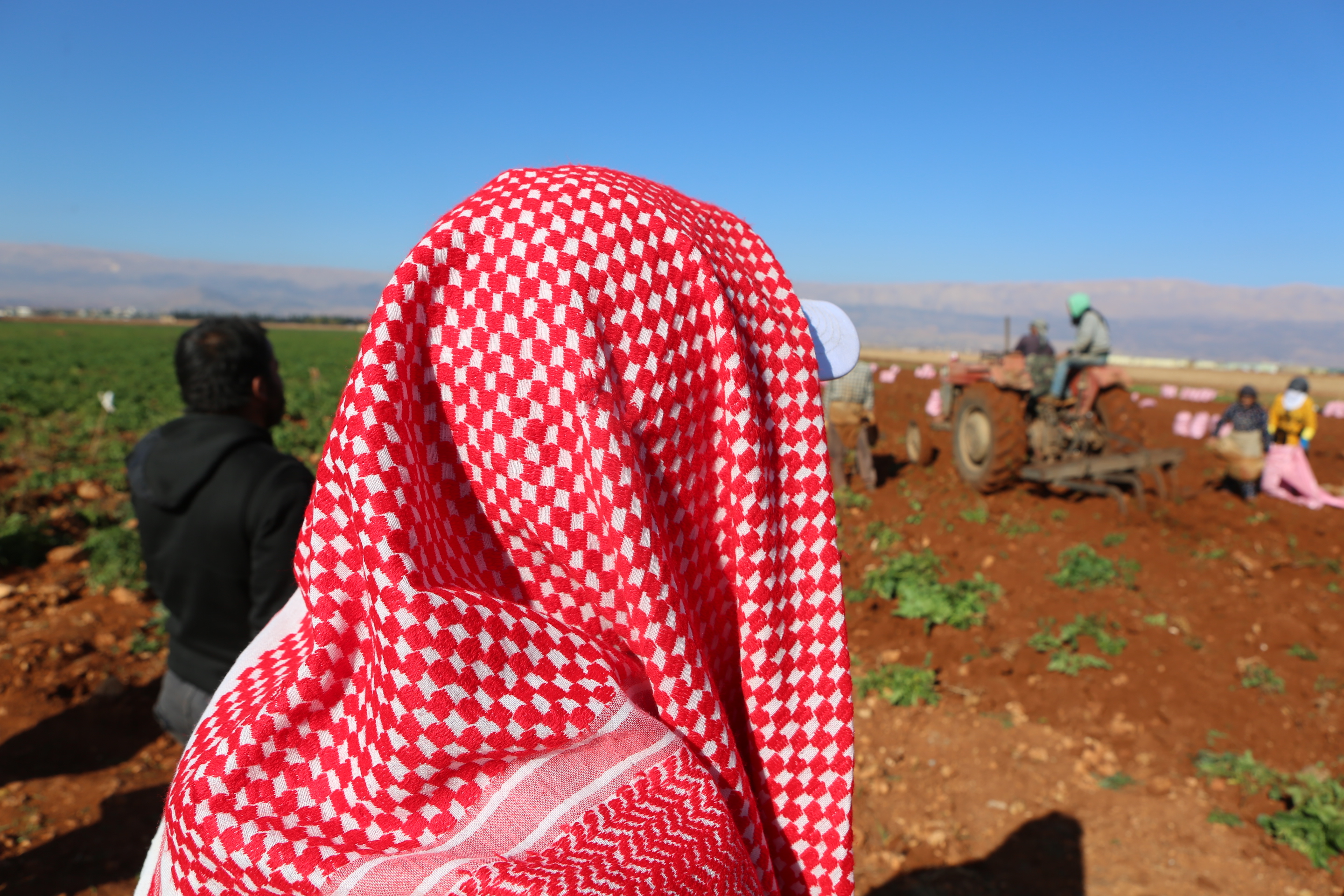
It saves a lot of money to plant hashish, it uses much less water, no fertilizer needed, and does not need much care, compared to other vegetables like potato, which needs constant care, different fertilizers, and daily watering.
In recent years, farmers in Baalback began losing money in conventional agriculture, mainly due to the Fuel crisis.
Ahmed adds: “In respect to my family and father, I try not to fully indulge in the hashish business, but it seems inevitable considering all the difficulties we are going through”.
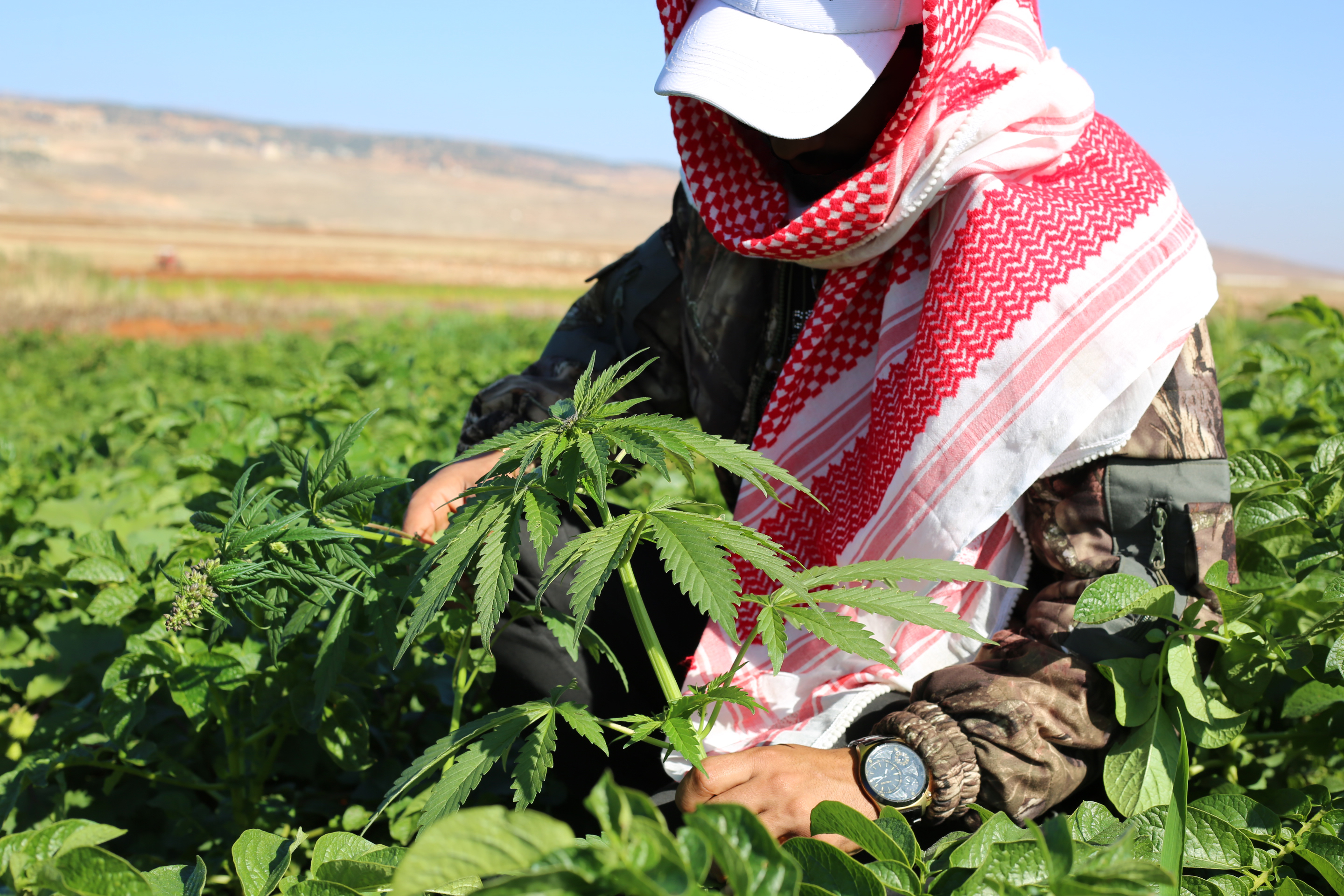
Ahmed has to carry weapons the whole time he is outside the house in Baalback. The increasing presence of outlaws in Baalback has turned it into a criminal hub. In the absence of a security forces, people of Baalback are taking the law into their own hands.
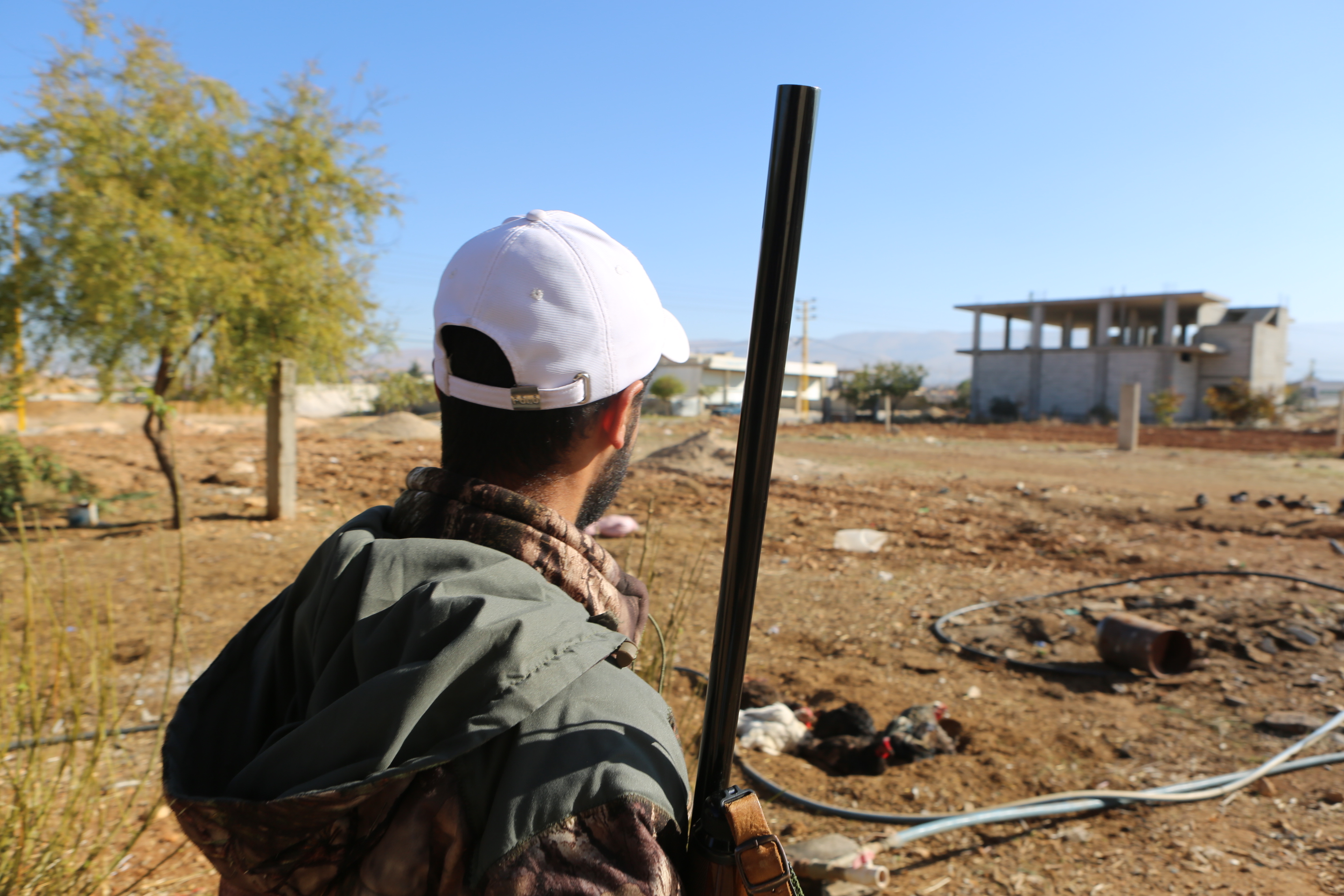
“I recently started to carry a machine gun in my car, after my car got hijacked on a remote road in Baalback” Ahmed says. He adds: “They stole my car and demanded a ransom for its return, when I tried to get the car back in legal ways, my family were threatened in their work place, even the government was afraid to deal with them”.
The army intelligence finally was able to get the car back, killing some of the gang’s members, Ahmed says; “I now live in constant fear of acts retaliation”.
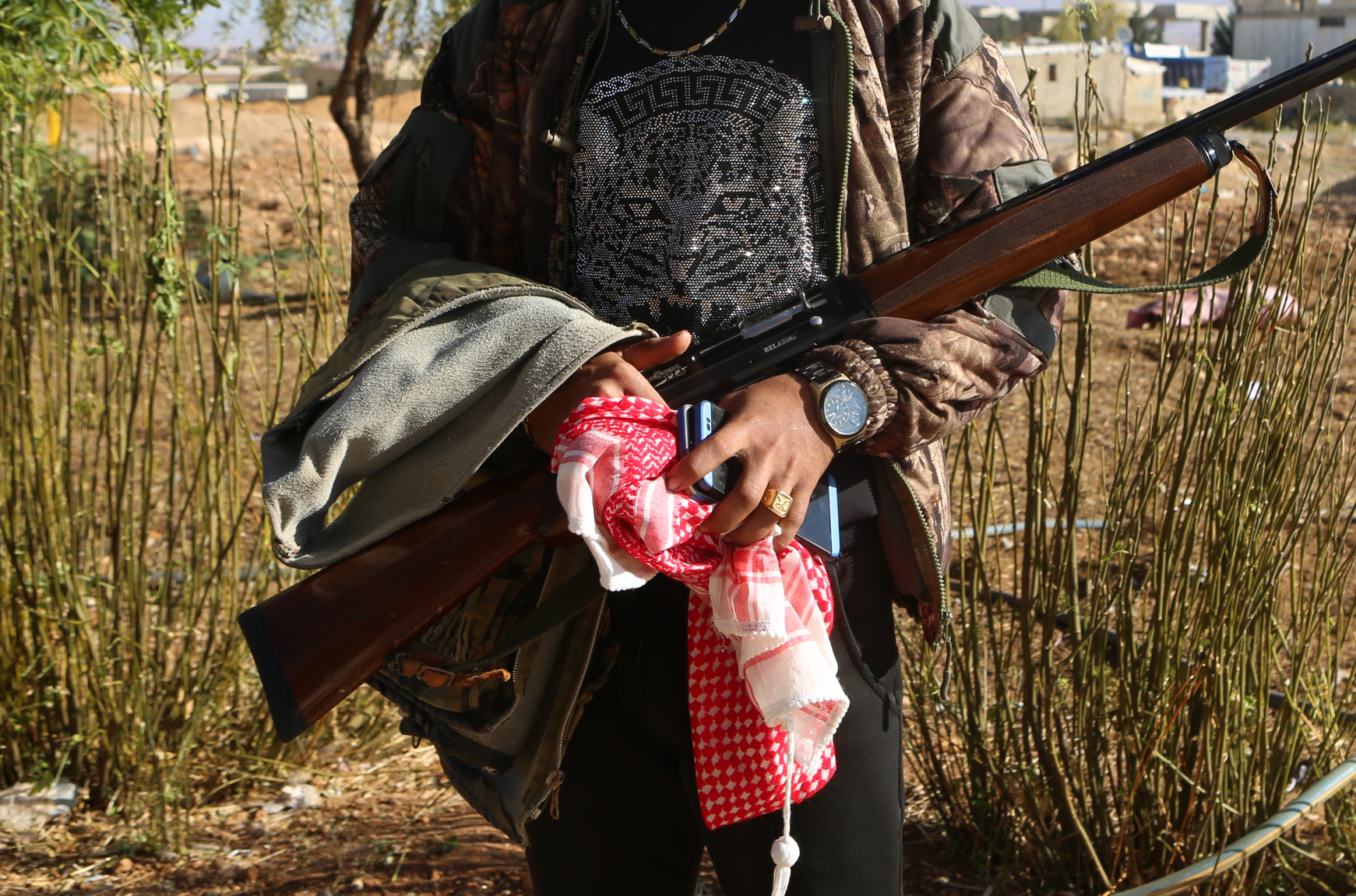
Photo: Marcel Saleh/GAGE